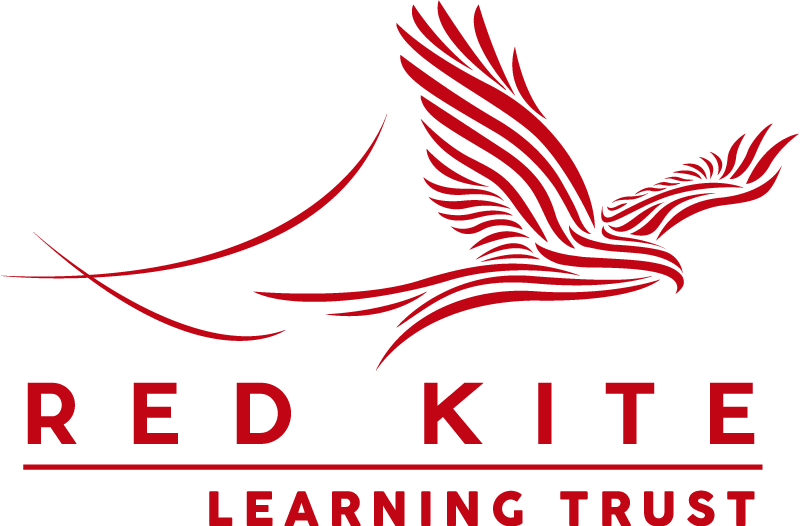Modern Foreign Languages
“A different language is a different vision of life.” (Frederico Fellini, Italian Filmmaker).
Curriculum Principles
‘Success for Everyone’ is our school motto. Within the whole-school focus on success for everyone, the MFL department seeks to take this one step further by ‘Opening Doors to the World for Everyone’. Our vision in the Modern Foreign Languages department is that all language students develop the skills and confidence to consider themselves as citizens of the world who belong in a multicultural, mutually respectful world which communicates and lives through different languages and cultures.
We aim to support students to understand other countries and cultures so that they can be more open and adaptable to new experiences; in MFL lessons students are taught about cultural references to not only the target language country, but the wider Francophone and Hispanic world. In MFL we focus on developing strong, lifelong linguistic skills and on encouraging students to become curious, interested and active citizens in the World. It is our passion to transmit a love and appreciation of languages; we aim to achieve this by nurturing a linguistic curiosity and an intrinsic motivation to explore and respect other cultures and people. Despite English being a common language of communication worldwide, in not studying other languages and cultures we risk limiting our young people’s opportunities for development, discovery and understanding of the wider, globalised world in which they live.
Curriculum Features
At all Key Stages students equally develop the key skills of reading, listening, speaking and writing through the study and appreciation of the Francophone and Hispanic world; students develop linguistically in a second language whilst simultaneously developing their understanding of other cultures across the world by comparing their understanding of new cultures with that of their own and learning from it. High-frequency language is introduced, consolidated and applied by students in both transactional ‘every day’ contexts as well as in more literary or culture-specific situation through the study of authentic texts (films, videos, stories, songs etc). This development of cultural and linguistic understanding and capability through challenging content and pedagogical styles constitutes the powerful knowledge we believe to be essential for all students of a modern foreign language, reflecting both requirements of the National Curriculum but also what we identify as the key features and attributes of a ‘Learned Linguist’ (our vision of excellence in languages study).
Career Relevance
“We will need to reach out, within and beyond Europe, to maintain and improve our economic position, to build trust, strengthen our international influence and cultural relationships, and to keep our country safe. The extent to which we can do this in the long term depends greatly on the ability of our young people to understand and connect with people around the world. International and intercultural awareness and skills are crucial for the UK success on the world stage yes, but also in enabling the UK’s next generation to play a meaningful role in the global economy and in an increasingly networked world. The ability to communicate in more than one language is central to this.” (British Council, 2020).
Curriculum Maps
| Year 7 |
|
Year 8 |
|
Year 9 |
|
Year 10 |
|
Year 11 |
| Year 12 |
|
Year 13 |




















